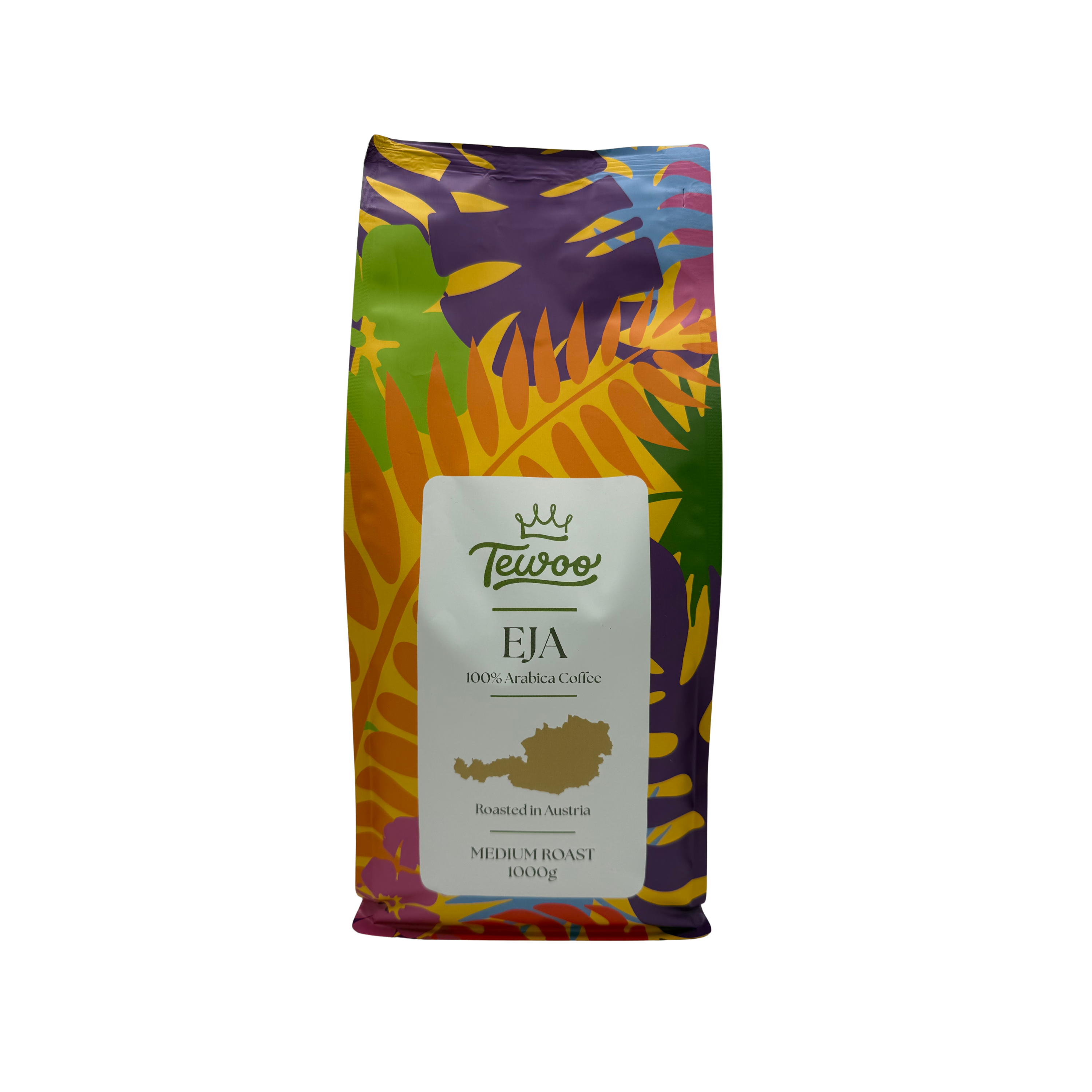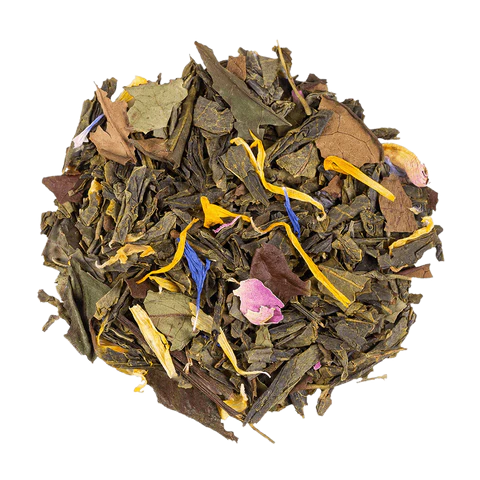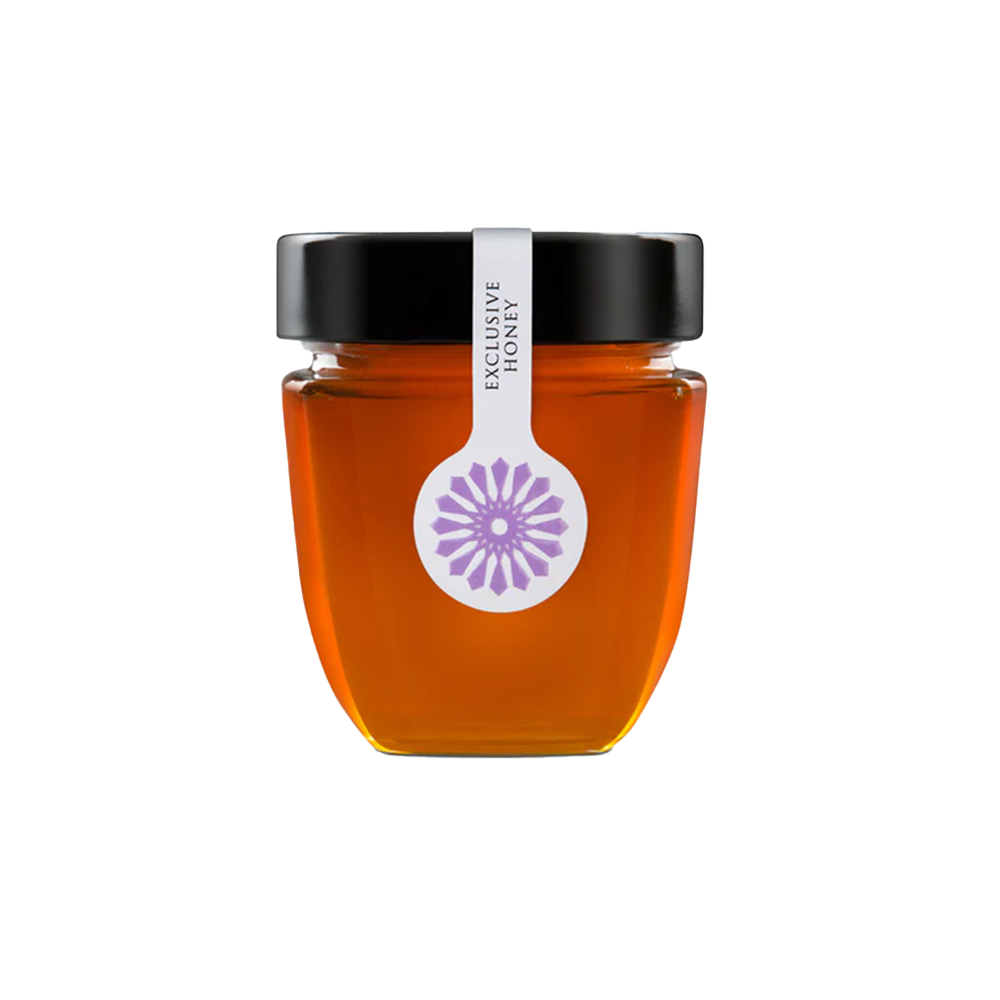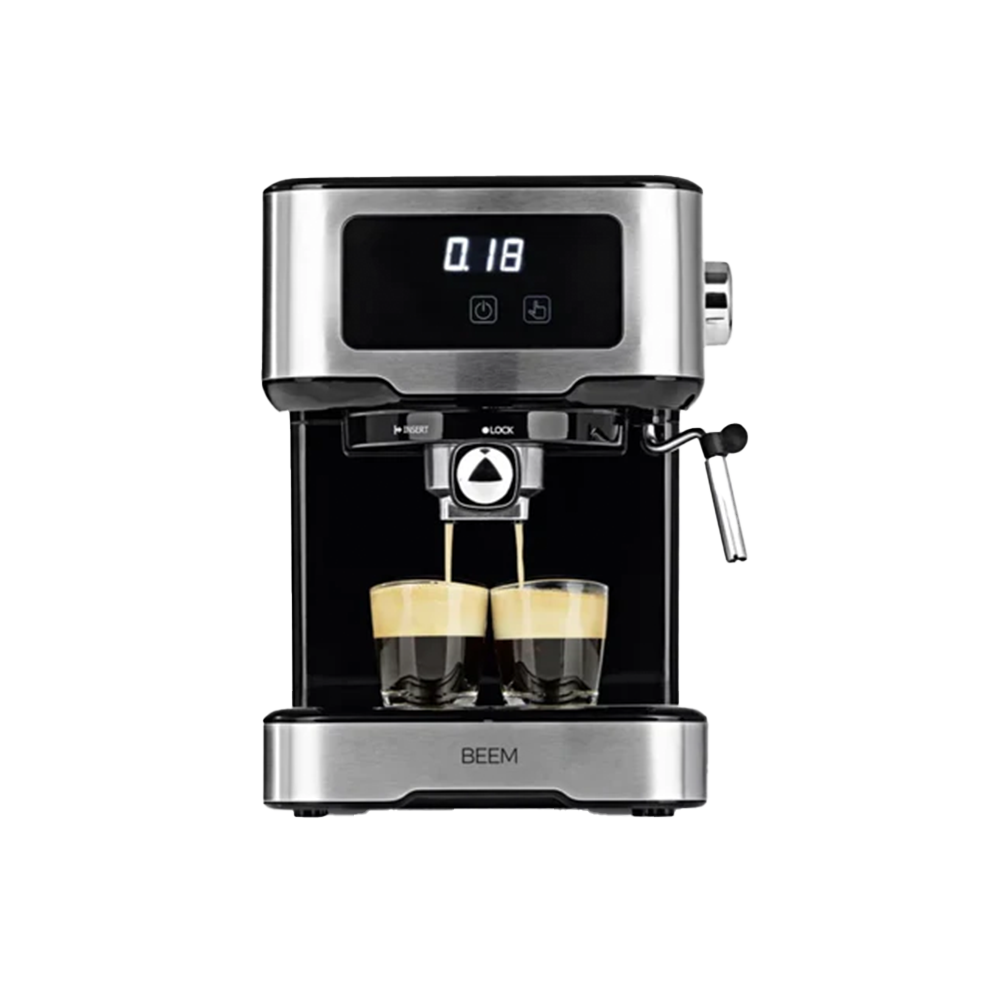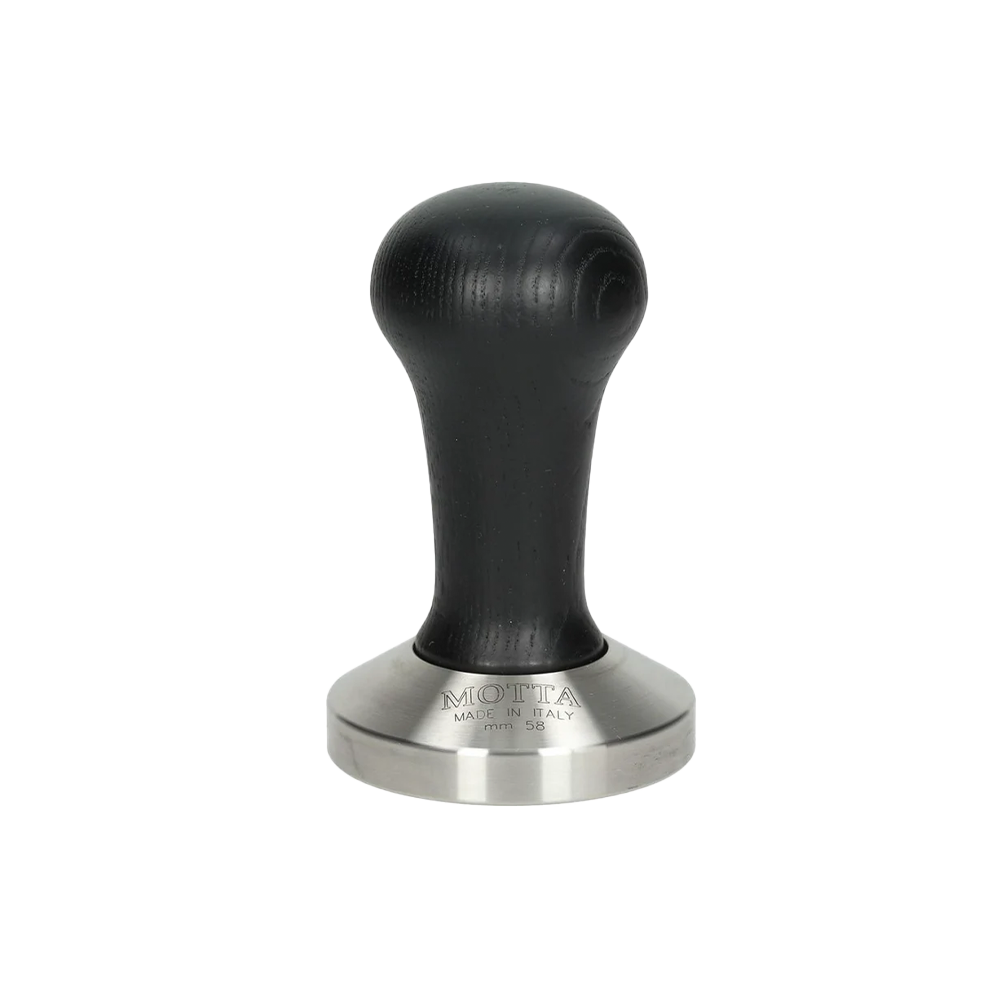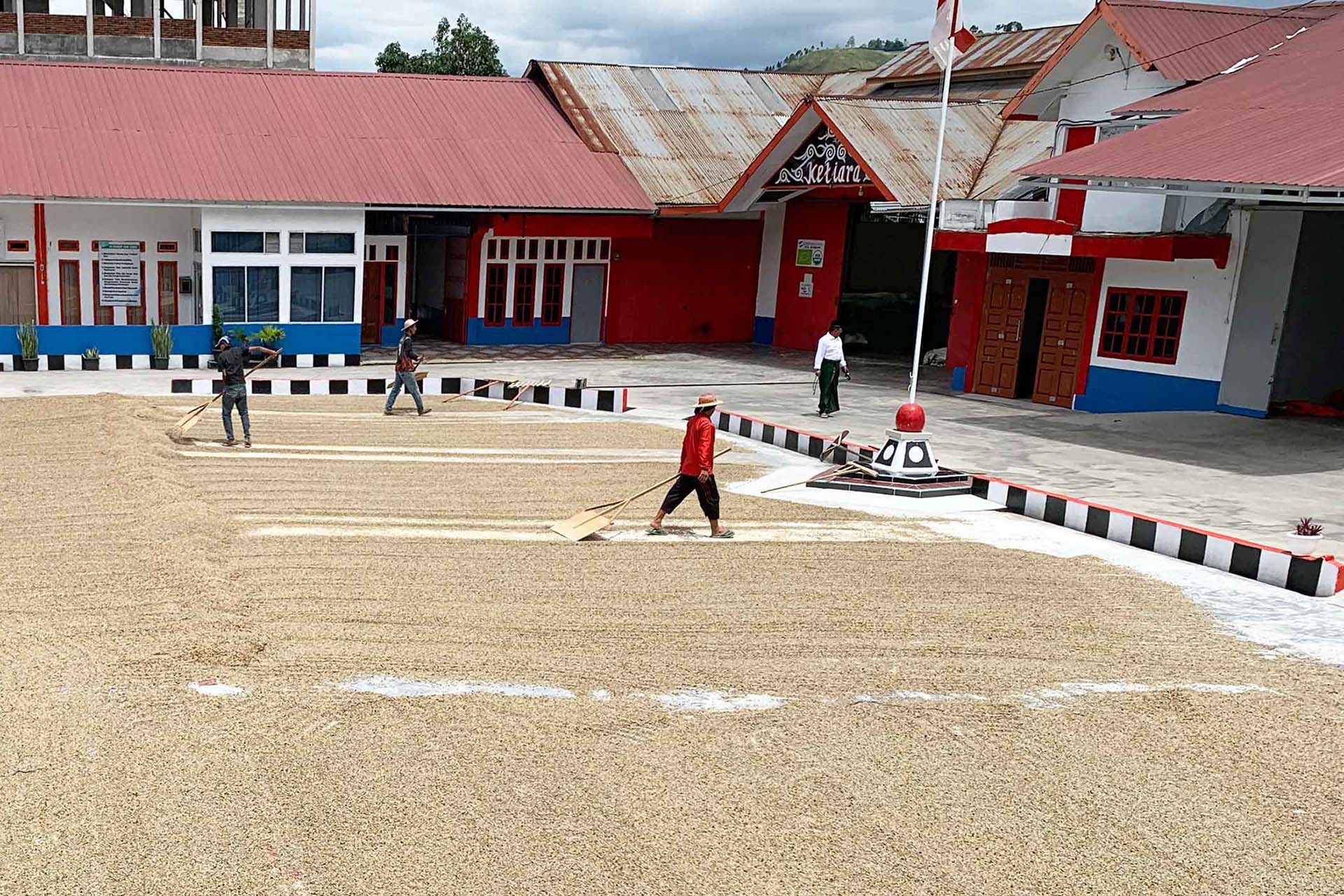
Gayo Arabica coffee beans
From Kopi highlands in Sumatra
Out of 17,000 stunning Indonesian islands, 5 of them are especially interesting to coffee specialists around the world. These islands enjoy a long tradition of coffee farming. The first coffee plantations were established on Java, which became so important in the worldwide trade that coffee became commonly known as “java” in many countries around the world. As the demand for coffee increased, new plantations grew on Sumatra and Sulawesi, followed by Bali and Flores.
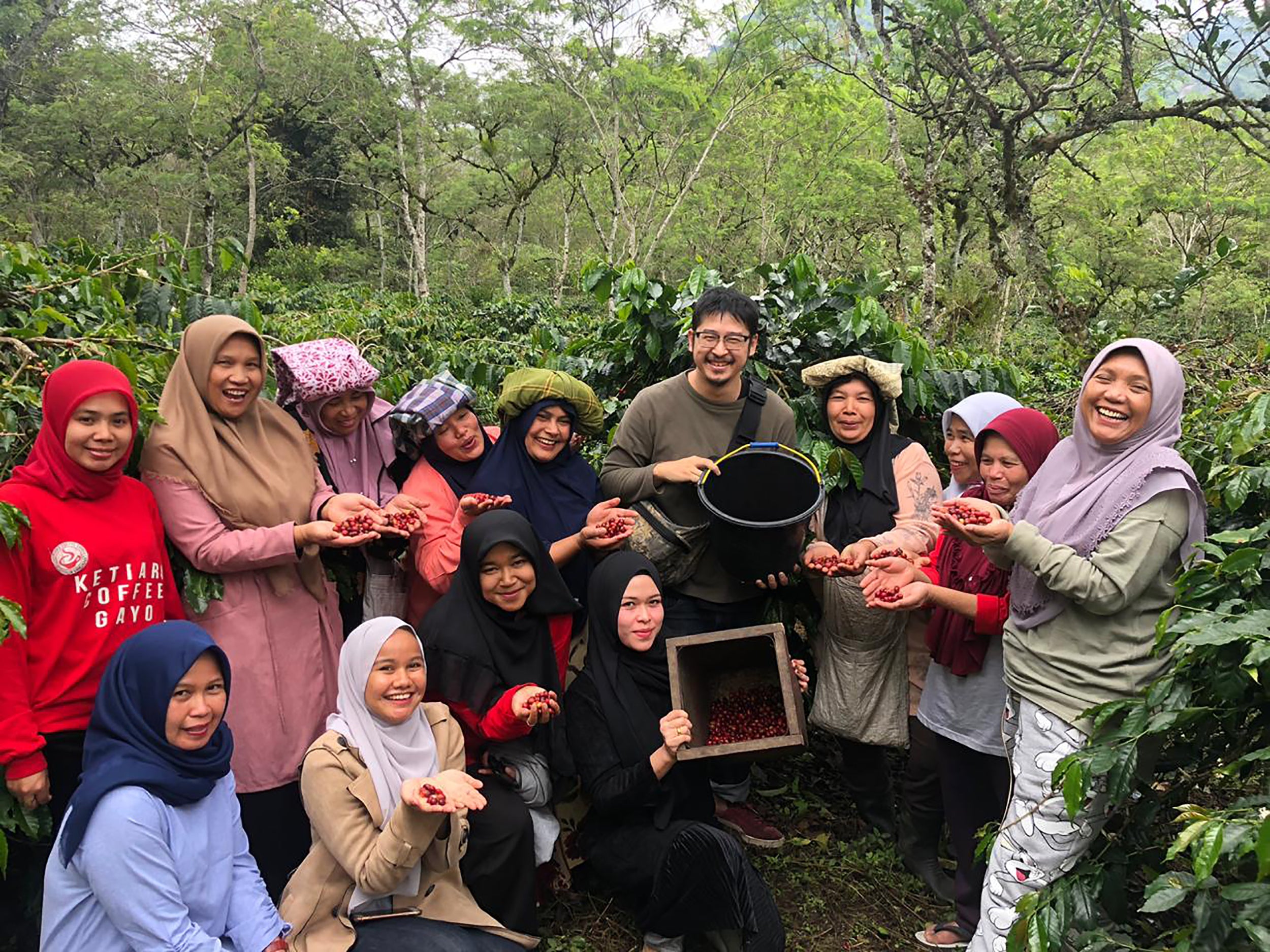
Special place in our hearts
Apart from being one of the first places where coffee was grown on a large scale, Sumatran coffee holds a special place in the hearts of coffee lovers for several reasons. Lake Toba, the largest volcanic lake in the world, is not the only natural wonder on this mysterious island. Sumatra’s fertile volcanic soil is also the reason behind the earthly flavor that coffee from Sumatra is famous for. The other unique characteristic of this popular coffee is its low acidity, achieved by wet hulling (giling basah), an unusual coffee processing used only on Sumatra and a few other places in Indonesia.
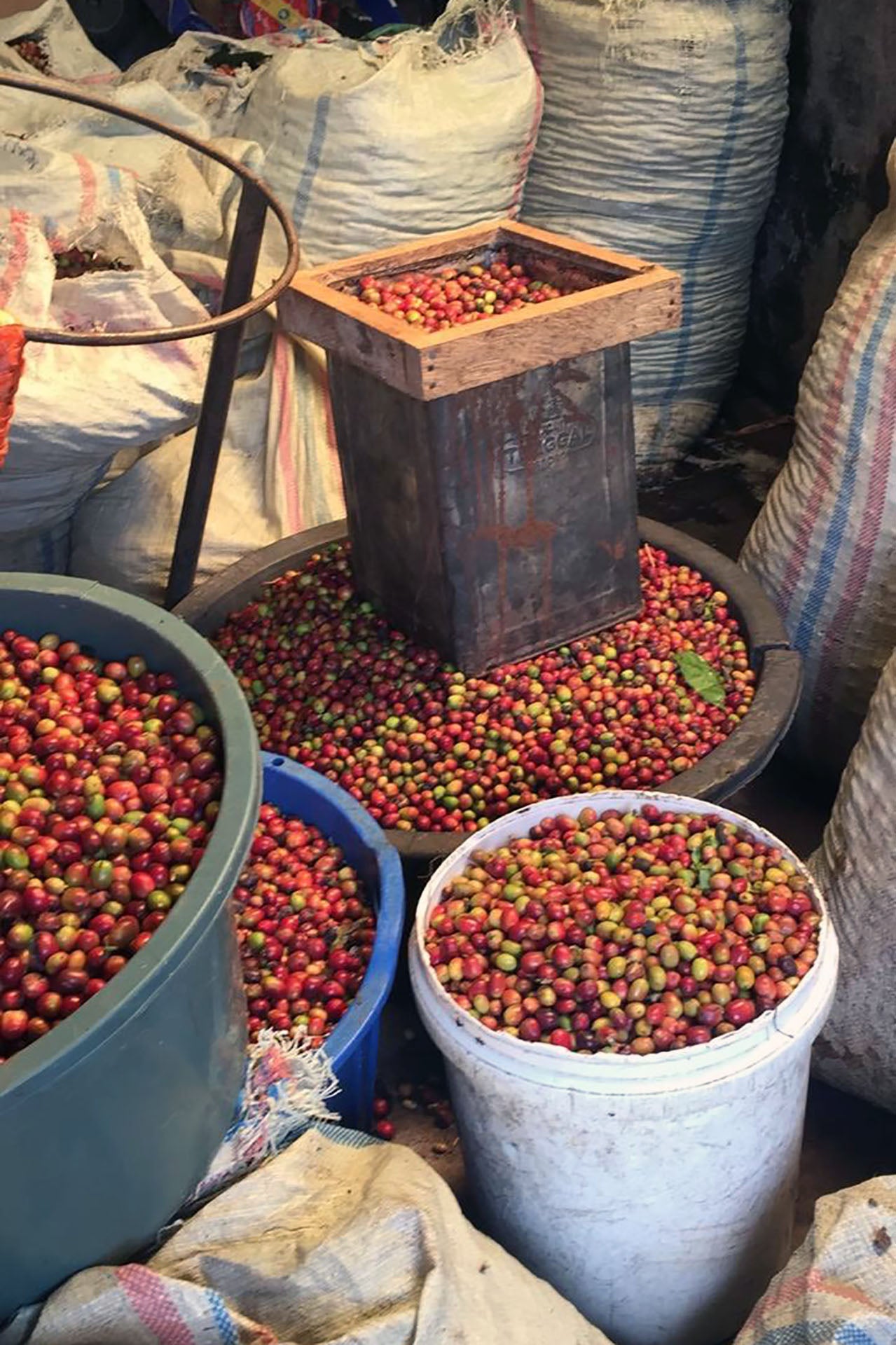
Unusual coffee processing tradition
At Ketiara Cooperative in the Gayo Highlands in Aceh, the island’s northernmost province, they take their coffee processing traditions very seriously. The farmers pick ripe cherries in the morning or late afternoon. After hand-sorting, they proceed to depulping the cherries with traditional wet-hulling, separating the coffee beans from the outer layer of pulp. Farmers can do this either at the farm or at the communal pulping station, however it needs to be done within 18-24 hours after harvesting. Coffee cherries with pulp are not being accepted by the cooperative quality control past 24-hour mark.
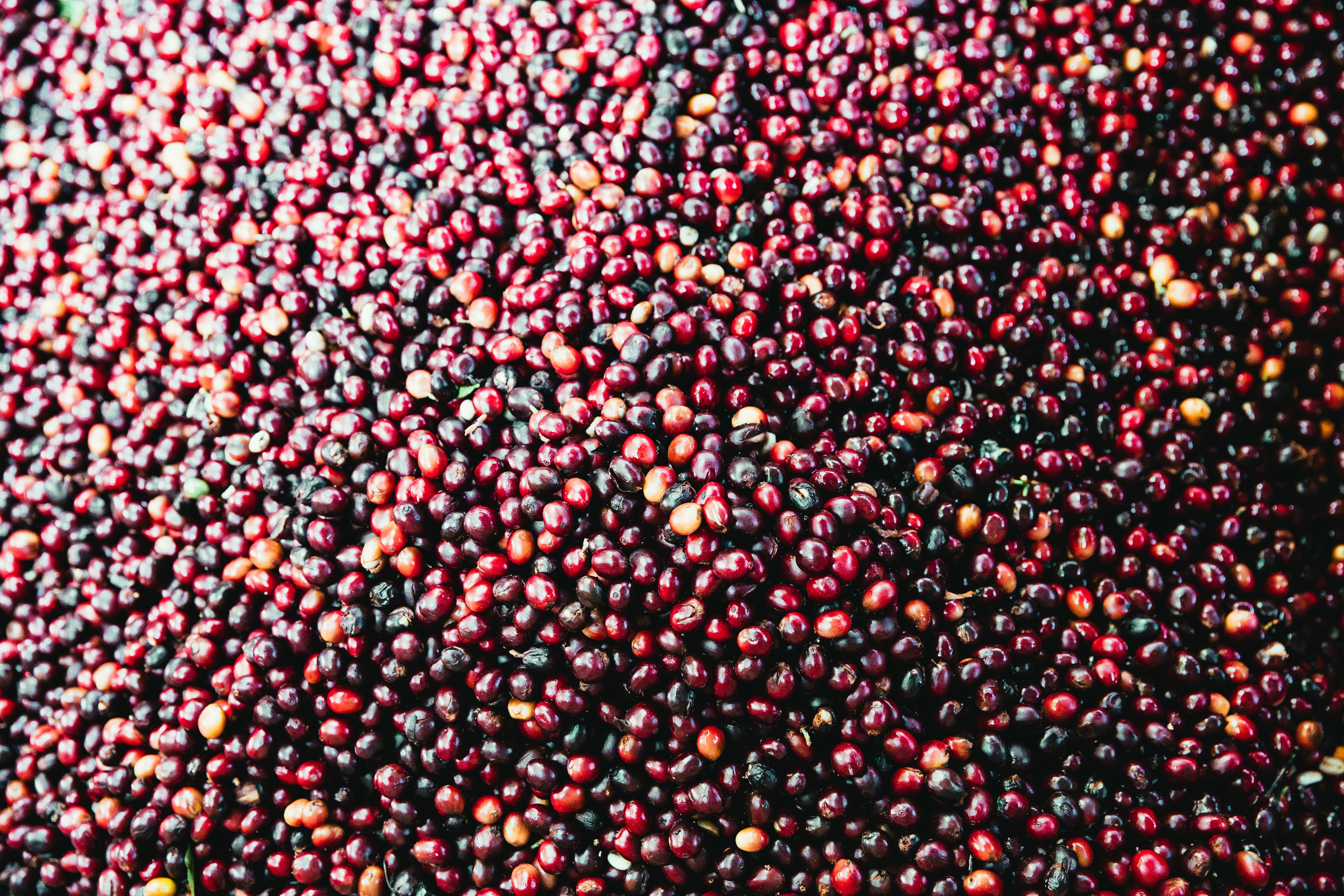
Contrary to the usual methods, coffee farmers separate the coffee from its parchment skin when the coffee is still wet. It is believed that wet-hulling developed as a way to accelerate the drying of coffee beans, challenged by Sumatra’s humid environment. The truth is that it makes this special coffee even more sought-after. There have been several attempts at other farms to adopt this Sumatran tradition, however none of them managed to achieve the unique taste of Gayo coffee.
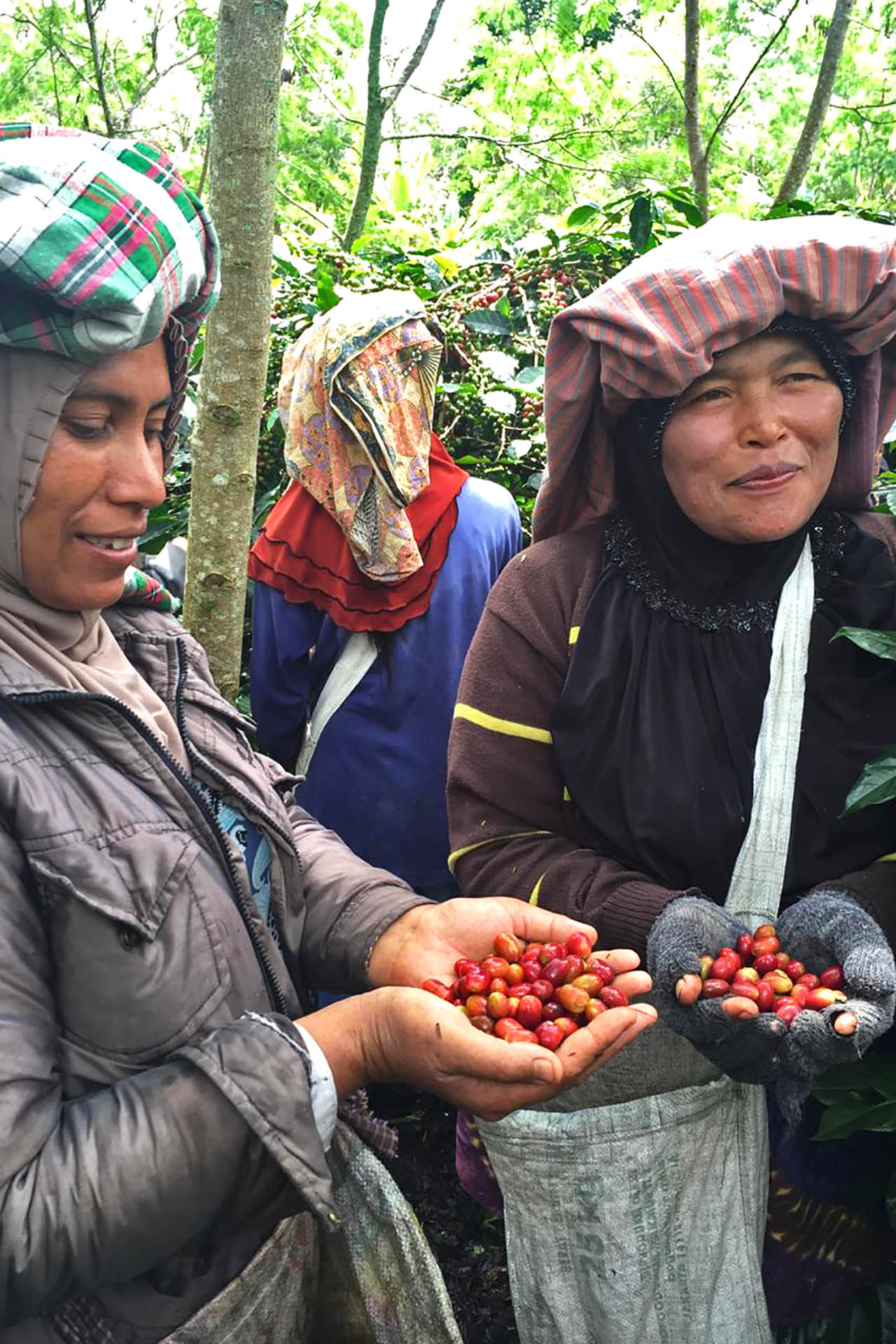
Coffee is life
Surprisingly, what we like most about Gayo coffee is not its distinctive taste or inspiring processing traditions. It’s the life in community that Gayo coffee creates in the Kopi Highlands. Whether it’s farmers who get together to share working equipment or laborers having lunch together, they all have one thing in common. Coffee is what makes their lives better every day. The CEO and chairman of Ketiara cooperative, had a clear goal. She wanted to sell her own coffee, as well as help other women in the area. Once unemployed women from Gayo region are now successful farmers whose coffee is consumed around the world, while they are able to provide for their families.
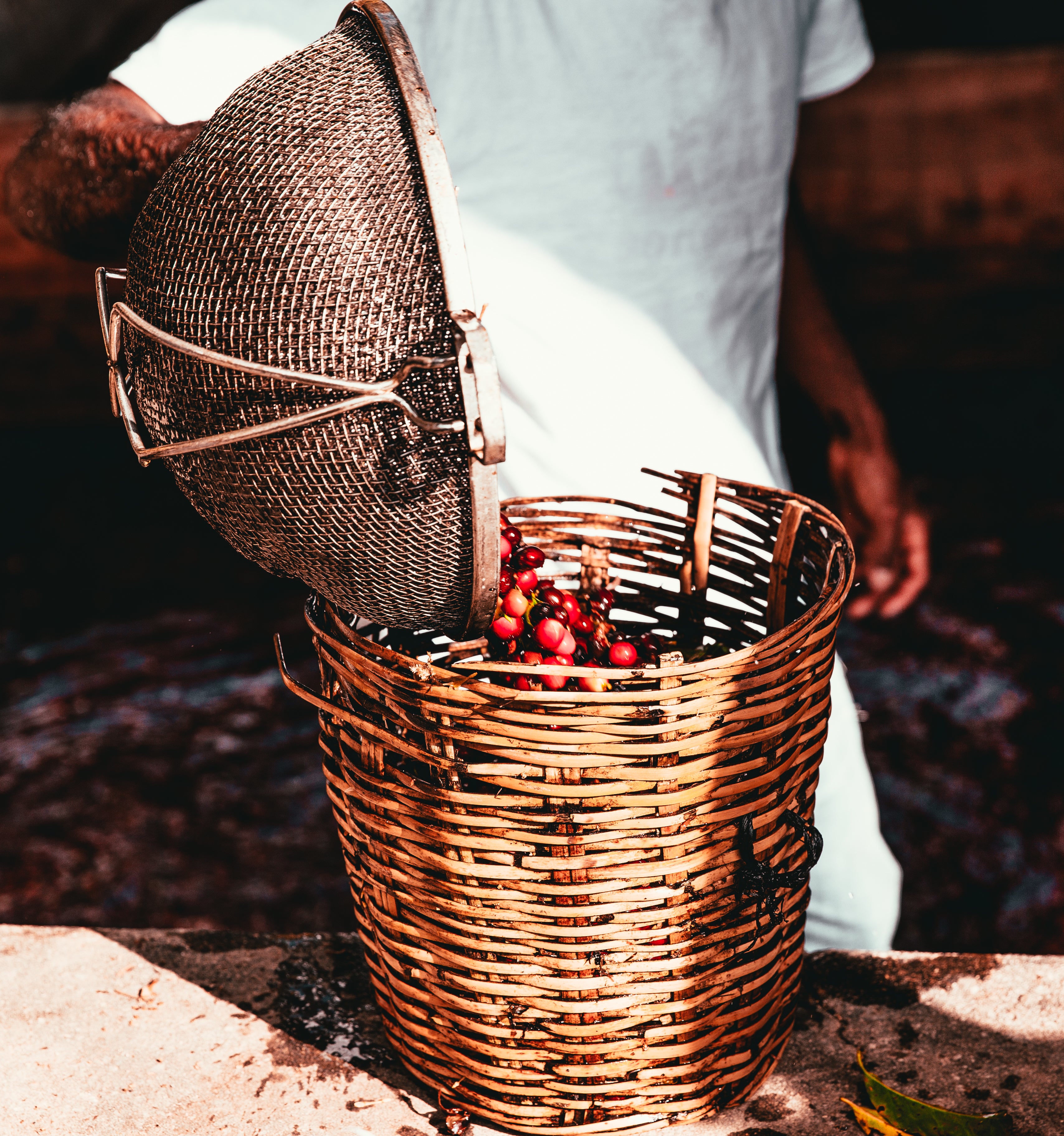
Ketiara’s Arabica variety at Tewoo
The single origin Sumatra Aceh Gayo Arabica Specialty that Gayo women from Ketiara cooperative produce every day is available at Tewoo as Sumatera coffee beans, which pays homage to this incredible coffee island.
